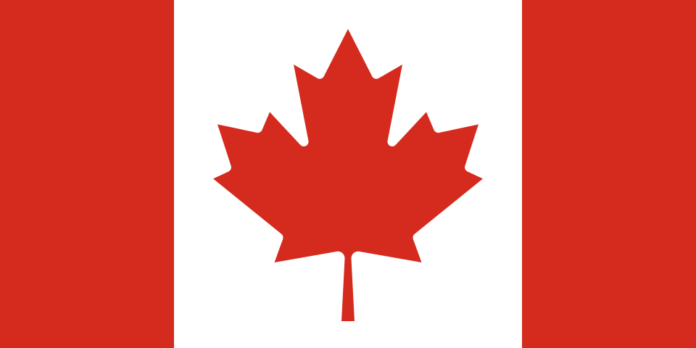
August 13, 2025
RED FM News Desk
Since 2023, rejection rates for nearly all categories of both permanent and temporary Canadian immigration applications have significantly increased. Most notably, study permits and post-graduation work permits have seen steep rises in refusal rates. While changes in eligibility and immigration policies are part of the reason, experts argue that internal pressure to quickly process applications and reduce the existing backlog is playing a major role.
As of June 30, 2025, a total of 2,189,500 immigration applications were still being processed — up from 1,976,700 in March. Out of these, 842,800 applications had already exceeded the immigration department’s own service standards.
To manage this growing backlog, the Canadian government has taken two major steps: it has reduced the planned intake of both permanent and temporary residents for the years 2025, 2026, and 2027, and it has also cut 3,300 positions within the Immigration Department. However, the number of people applying has not gone down.
Between 2023 and 2025, rejection rates surged across multiple temporary residence categories. Study permit refusals jumped from 40.5% to 65.4%. Visitor visa refusals increased from 39% to 50%. Post-graduation work permit rejections doubled from 12.8% to 24.6%. Work permit extensions rose from 6.5% to 10.8%, and work permits for spouses of international students and workers rose sharply from 25.2% to 52.3%. Only study permit extensions and general work permit refusals have remained relatively stable.
Permanent residence categories have also seen increased rejection rates. These include economic class, family sponsorship, humanitarian and compassionate grounds, and refugees with protected status. However, economic class PR applications continue to have the lowest rejection rates, as the government can adjust Comprehensive Ranking System (CRS) scores to control the flow and prevent backlog.
The family class has seen higher rejections, possibly due to a rise in cases where people may be marrying Canadian citizens solely to obtain PR. The humanitarian class saw a drop in refusal rates during COVID, when Canada was more generous, but now those rates are climbing again. Many applicants, particularly international students or workers losing their status, are turning to humanitarian grounds as a last resort.
Numerous individual cases highlight the consequences of these trends. For instance, Croatian national Nikola Maricic was denied a visitor visa twice in 2025, even though he had previously visited Canada. Frank Shen, a Canadian citizen, had his spousal sponsorship application rejected because immigration officers wrongly believed he was not living in Canada — despite providing proof such as a passport, housing lease, utility bills, and more. He had to take the case to an appeal tribunal before it was reopened.
Lawyers and immigration advocates are increasingly concerned about the growing use of automation and artificial intelligence (AI) in processing immigration files. Immigration lawyer Chantal Desloges believes that while AI is not making the final decision, officers are relying too heavily on automated red flags and failing to properly read applicants’ files, especially under time pressure. In one such case, her client Victoria Joumaa, who is the legal guardian of three cousins in Lebanon, saw their visa requests rejected twice — even though the application included a humanitarian appeal. After the matter reached Federal Court, it was sent back for reassessment.
The immigration department insists that no decisions are made by AI and that every application is assessed individually by a human officer. They claim applications are not rejected simply to meet immigration targets. However, in response to mounting criticism, the department has recently started including officers’ notes in refusal letters so that applicants can understand the specific reasons for the denial.
Immigration lawyer Kyle Hyndman challenges the department’s justification, saying if their reasoning is an increase in fraud, they should prove it. He also points out that when backlogs grow, officers spend less time on each file, increasing the risk of missing key details in strong applications. As a result, many well-qualified applicants are being unfairly rejected, leading to repeat applications, legal appeals, and court cases — all of which contribute to a growing lack of trust in the fairness of the Canadian immigration system.







